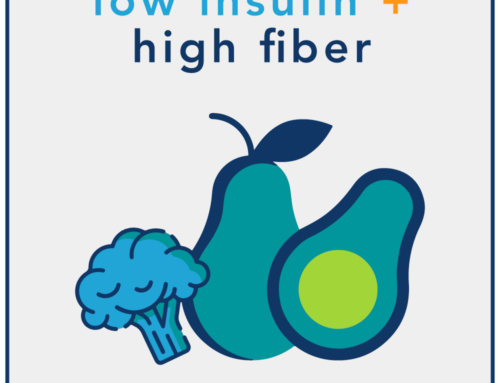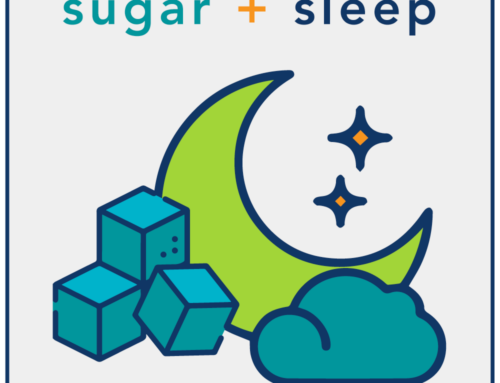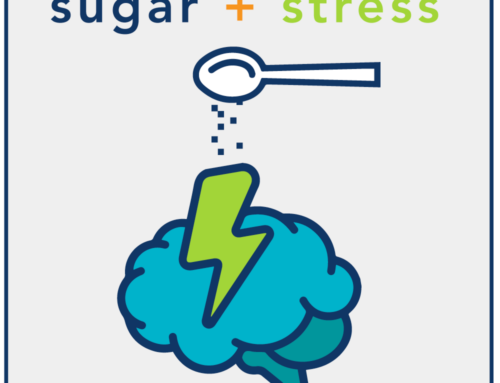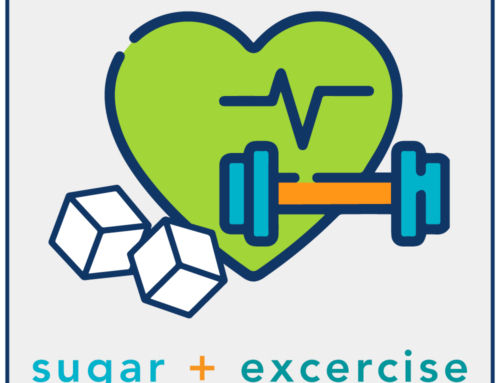Eat, stop, eat.
As you progress through your health journey and focus on eating adequate protein, fiber rich foods and healthy fats, we commonly hear patients indicate they are less hungry. You may find yourself not needing to snack as often or at all. Or you might find yourself not all that hungry for breakfast in the morning. Eureka! It’s working! There are many reasons for this, let’s dig in! A Low insulin high fiber diet results in:

- Steadier blood sugar throughout the day. When you avoid the big spikes in blood glucose followed by the inevitable crash, then you avoid the hunger pangs and cravings that ensue.
- Meals that are naturally more satiating leading to being able to go longer before getting hungry.
- Fewer cravings. When insulin is moderated, so is hunger and fat storage. This often leads to less sugar and carbohydrate cravings.
- Enhanced fat burning. When insulin is lowered it creates an environment for fat “burning” vs fat storage. This results in moderated hunger signals.
When this happens, a question sometimes comes up. “If I am not hungry, should I still eat?” This is a nuanced question depending on your specific circumstances that you should discuss with your dietitian, but for many, the answer is no. Letting your body go longer between meals actually helps lower insulin further. This is for a few reasons, the most obvious being that if you are eating less often, then insulin is secreted less often. Another reason is that when you go longer between meals, your body will start to release “stored energy” to meet your energy needs. Some of that “stored energy” comes from the stored glucose (glycogen) in your muscles making you more insulin sensitive, and the stored sugar in your liver, reversing that fatty liver.
Some folks find they settle into a pattern of what is commonly referred to as Intermittent Fasting. This is an eating pattern that describes longer periods of not consuming food. For some people on a low insulin high fiber diet this occurs naturally first in the form of not needing to snack. Often next it is not feeling the need for a particular meal. This is often but not always breakfast. You eat dinner and stop eating around 8pm and find you are not really hungry until noon. This is a very common 16:8 Intermittent Fasting protocol that many (but not all) people find works really well for them. This gives your digestive system a break, allows your body to burn its own stored energy in the form of both stored glucose and stored fat, creating a lower insulin environment.
Some folks don’t respond well to Intermittent fasting, particularly more aggressive strategies like 24 hour fasts, or OMAD (One Meal A Day) or 3 days fasts. For some, particularly metabolically healthy people find they feel great, others not so much. Folks with a history of eating disorders, thyroid conditions, stress related issues need to be very careful here. Intermittent fasting is also contradicted for women who are pregnant or breastfeeding. Any intentional approach to Intermittent Fasting is best done with the guidance of your dietitian. If or when you find taking the approach of Eat (when you are hungry) Stop (don’t when you’re not) Eat (eat when hungry, etc) makes you feel really good, you have no negative symptoms (brain fog, cravings come back, fatigue, muscles soreness, irritability, problems sleeping, and more) and seems to be aiding in your health goals then great! If you are finding that some of what we have discussed here applies to you, let’s talk about it!



